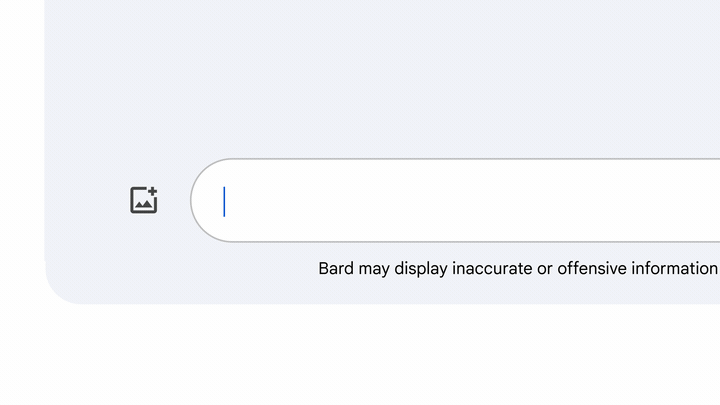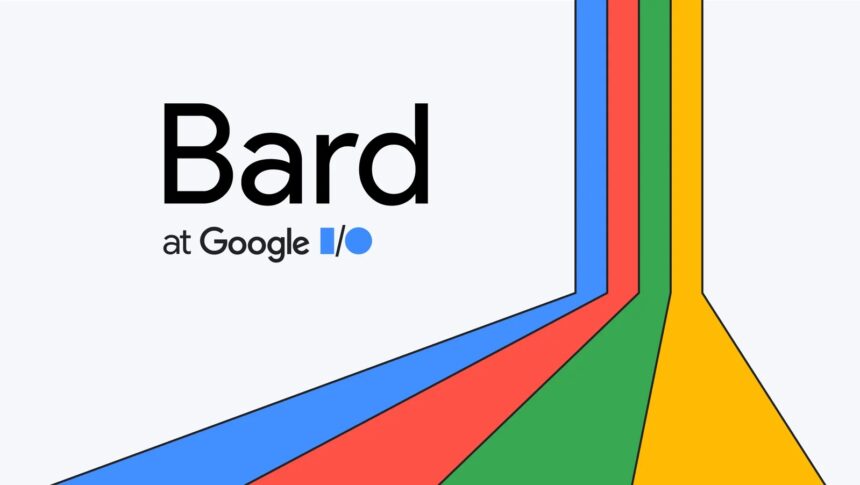Google’s Bard AI chatbot has received a significant update aimed at increasing its appeal to a wider audience. In a recent blog post, Google unveiled the integration of its generative AI into various apps and services. This means that Bard can now assist users in tasks like sorting through messages, documents, and more to streamline their daily routines.
The enhancements are based on Google’s improved PaLM 2 AI model and introduce features such as Bard Extensions. These extensions enable Bard to connect with services like Gmail, Drive, YouTube, Maps, Travel, and more. The objective is to transform the chatbot into a personal assistant that can sift through your Google account to facilitate tasks such as managing emails or job applications.

Google’s examples illustrate these scenarios, including a parent’s request for a summary of recent school-related emails, with Bard providing concise summaries and direct links to the relevant Gmail messages. Another example involves asking Bard to generate a brief personal statement based on a resume from Google Drive and help with crafting a cover letter. Bard can even provide more intricate assistance, such as finding proposed trip dates, flight and hotel options, and suggesting an itinerary based on user preferences.
Privacy is often a significant concern when dealing with Google, especially when granting its AI and its human operators direct access to your account. In their announcement, Google assures users that their personal information will be safeguarded, stating, “If you choose to use the Workspace extensions, your content from Gmail, Docs, and Drive is not seen by human reviewers, used by Bard to show you ads, or used to train the Bard model.”

If this assurance addresses your privacy concerns and you’d like to give it a try, you can visit bard.google.com and enter a query related to one of Google’s services (such as Gmail). You’ll receive a prompt to grant access to Google Workspace. Afterward, you can begin querying the bot. However, in my initial testing, it might take several attempts to obtain the precise information you’re seeking, and sometimes the results may still be unsatisfactory or subject to limitations. Google’s AI is still in its early stages and can’t quite read our minds yet, which is probably a good thing.








